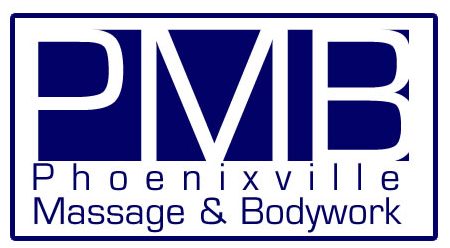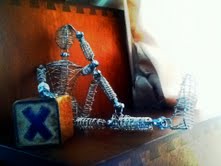#5 of the 31 blogs in 31 days blogging challenge and another in the “What If” series.
It happens sometimes during a massage, a popping occurs. In 26 years of practice thousands of pops have occurred on my table. It isn’t what my intent is, nor is it in my scope of practice. I am no threat to the Osteopathic Physicians or Chiropractors. I have never and will never use any type of force or HVLA to produce an adjustment. It doesn’t matter what amount of pressure I am applying or if I am just passively moving the body, it happens. Yes, even with the lightest pressure it can happen.
It doesn’t just happen during a massage. It can also happen during exercise or stretching or even just moving around and going about your day. It can surprise you.
Here is the line I learned long ago in massage school; Bones go where muscles put them and bones stay where muscles hold them.
So what is happening? The body is responding, relaxing and releasing. The body is self-adjusting. Most everyone feels a sense of relief when this happens.
The joints are complicated structures. Two or more bones meet, there are also a variety of tissues comprised in a joint; ligaments that attach to the bones, tendons connected to the muscles that move the bones, cartilage that pads the joints, and there is the fluid for lubrication.
The actual popping noise is usually not coming from bones.
The synovial fluid in your joints acts as a lubricant. This fluid also contains oxygen, nitrogen, and carbon dioxide, these are gases. So when a joint pops or cracks the joint capsule is stretched. Stretching this capsule, you increase its volume. Remember in chemistry class, we learned with an increase in volume comes a decrease in pressure. So as the pressure of the synovial fluid drops, gases dissolved in the fluid become less soluble, forming bubbles through a process called cavitation. When the joint is stretched far enough, the pressure in the capsule drops so low that these bubbles burst, producing the pop that we hear.
Joints, tendons, ligaments and fascia moves when a joint moves. You may hear a snapping sound if a tendon’s position changes or the ligaments tighten around a joint as movement occurs.
Rough surfaces can produce sounds in Arthritic or injured joints caused by the loss of smooth cartilage and the roughness of the joint surface.
Studies are mixed in that some say there is no harmful effects from popping joints and others that say repetitive popping can do some damage to the soft tissues of the joint.
If you feel pain when a joint pops, then you should schedule a visit with your health care professional.
If you feel stiffness and what your day to pop give me a call at 610-906-2322 and we can talk about what you expect and how massage could help you.

